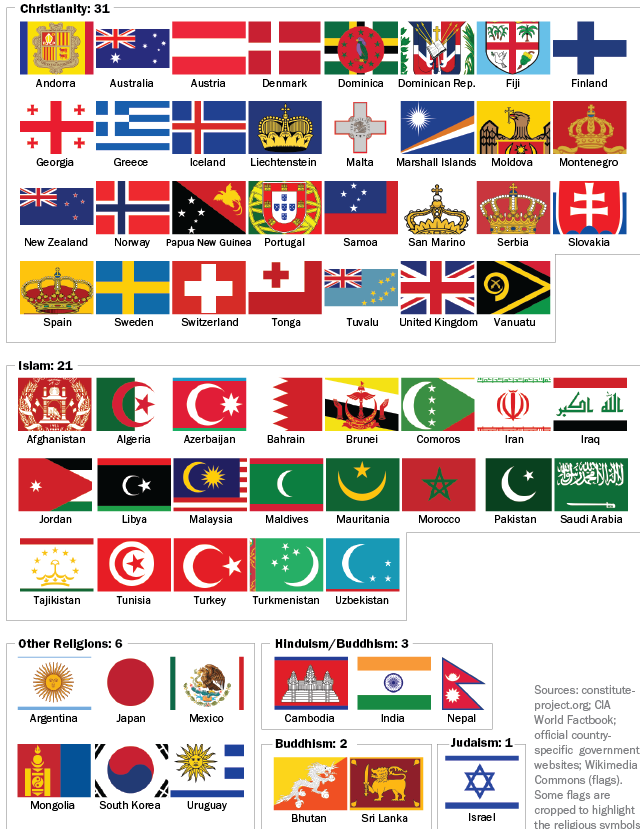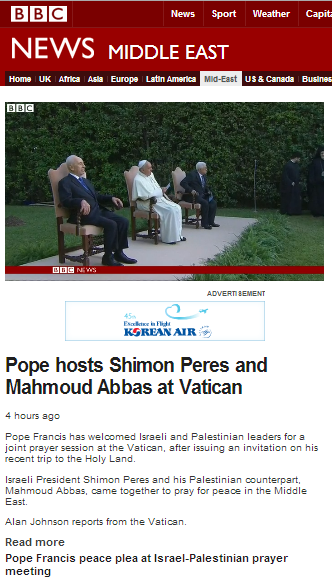An article in the Times, by Middle East correspondent Louise Callaghan, purported to investigate how Palestinians in Gazan actually feel about Hamas and and the terror group’s slaughter of Israeli civilians. However, the piece (“What Gazans really think about Hamas”, Nov. 25) is, in fact, another example of a reporter ignoring evidence contradicting her pre-determined conclusion.
Here’s the relevant paragraph:
In interviews with more than a dozen Gazans, most said that while they supported the decades-long armed “resistance” against the siege of Gaza and occupation of the West Bank, they did not support the massacre of civilians in Israel on October 7, and were appalled by the failure of Hamas to help its own in Gaza, suffering under the inevitable Israeli retaliation.
Ignored by the reporter is a Nov. 7 poll by Arab World for Research and Development which showed that over 63% of Gazans supported the massacre, while just under 21% opposed it.

But, this is more than a case of a journalist failing to do due diligence. Callaghan knew about the poll in question disproving her contention that most in Gaza opposed Hamas’s barbaric slaughter, torture and mutilation of innocent Jewish men, women, children and even babies.
It’s clear that she knew about it by virtue of a subsequent paragraph, where she wrote the following:
This month, a study published by the Arab World for Research and Development [AWRAD] showed that 60 per cent of 277 people surveyed in Gaza since the war began felt at least “somewhat positive” towards Hamas. About 40 per cent felt negatively towards it.
That’s the same poll which showed overwhelming support for Hamas’s massacre.
Though Callaghan added that “polling is limited by the war and by the fear of speaking out against an autocratic regime”, the fact is that she decided to cite the AWRAD poll on support for Hamas amongst Palestinians in Gaza, but omitted results from that poll at odds with the conclusion she reached from speaking to a dozen Palestinians.
This specific deception should be seen in the context of a larger one: the extent to which extremism and antisemitism permeate Palestinian society in both the West Bank and Gaza, representing one of the root causes of the continuing conflict, but one which media outlets, wedded as they are to the narrative that sees Palestinians merely as victims, are loath to acknowledge.






The Times is rapidly catching up with The Grauniad and the BBC in its anti-Israel stance – does it not realise that the more it incites hatred towards Jews, the more is the need for Israel to exist !